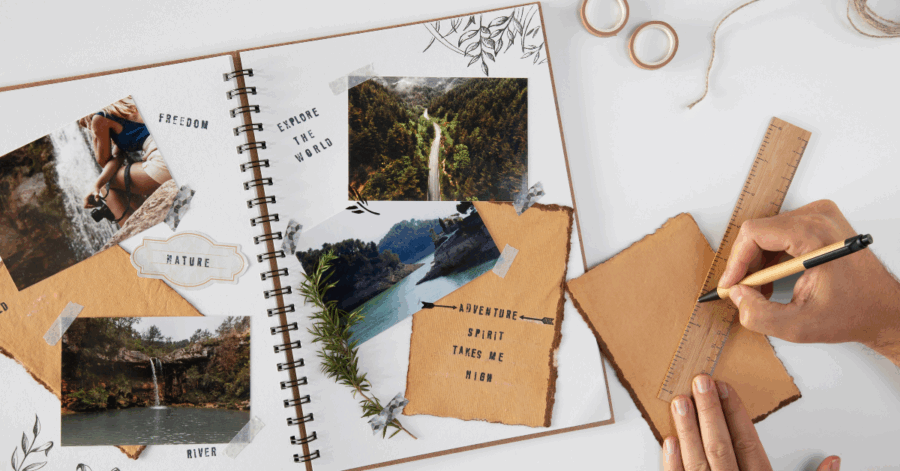Of the many reasons to study abroad, one is definitely to learn a foreign language. Chances are, if you’re reading this, you’ve heard about language immersion being one of the most effective ways to learn a language. For many countries, simply being in the country requires you to speak the language on a daily basis, but what about countries in which English is widely known? Modern technology and communication today have resulted in the majority of the global population knowing (at least some) English. This is more apparent in some countries, most notably Western European countries, and less apparent in others, such as some Middle Eastern and African countries. So, once you arrive at your study abroad destination, how can you ensure that you get the language immersion you’ve been hearing about that seems to be so crucial in becoming fluent? Well, here are five tips to take with you on your journey to fluency.
1) Start your conversations in the foreign language and insist on speaking it as much as you can.
Although, this seems like common knowledge it is very easy to “abandon ship” while abroad and return to the safe shores of English. Don’t be afraid. The first step is initiating the conversation. The second, and harder step, is staying on board.
2) Find a language partner.
A language partner is someone who is a native speaker of the language you’re learning, and who also has an interest in learning your native language. Once you’ve found a language partner, you can speak to each other weekly in each language for a set period of time (I find at least 30 minutes in each language to be effective). Change up the meeting location and activity each time too. Go for walks, eat lunch together, go shopping, or play a sport; this will ensure that you encounter a variety of different situations in which you will diversify your vocabulary. Many universities and institutions have ways to locate language partners, but anyone can be a language partner so ask around! Here are 12 Resources for Finding Language Partners if you’re in the market for a language partner and don’t know how to put that first foot forward.

3) Set daily language goals while abroad.
A simple way to ensure you’re making progress is to set daily goals, whether it’s learning a new verb a day or five words a day. This is a great tool while abroad, because you can use your new words in practice in daily life, and you start to notice which words are more important for you to know than others.
4) Watch movies and listen to music IN THE FOREIGN LANGUAGE.
A great way to remember common phrases, intonation, and basic pronunciation is watching films with which you’re already familiar, BUT find them dubbed in the language you’re learning. This is beneficial because you’re familiar with the dialogue and can fill in gaps where you encounter unknown words. Music in a foreign language will also teach you how to craft metaphors, poetry, and introduce you to vocabulary you may not have been exposed to on your own initiative. For fun, try translating some song lyrics to your native language.
5) Write!
Keep a journal while you’re abroad. Keep two actually; one in your native language and one in the language you’re trying to learn. You don’t need to translate your entire native language entries into your foreign language journal, but write SOMETHING in your foreign language journal EVERY DAY. This is an awesome way to learn your foreign language, and as an added bonus – at the end of your study abroad program, you can look back on your entries and see them grow from a sentence or two to paragraphs or even pages.
These tips will help you expand your language skills while you’re abroad, but they’re by far not the only path to fluency. There are many ways to practice your foreign language today from apps to audio tracks, so give these a try, but keep discovering new ways to make you a better bilinguist, or even multilinguist.






I still remember my early days back in 2008 in Moscow, Russia, as soon as I landed out of the airport the world literally changed. I was confused, although I had learned a few Russian words such as how to greet, thanks and a few others. But, still it took me quite some time to speak them with confidence. I wish I had read this post earlier, had it been here.